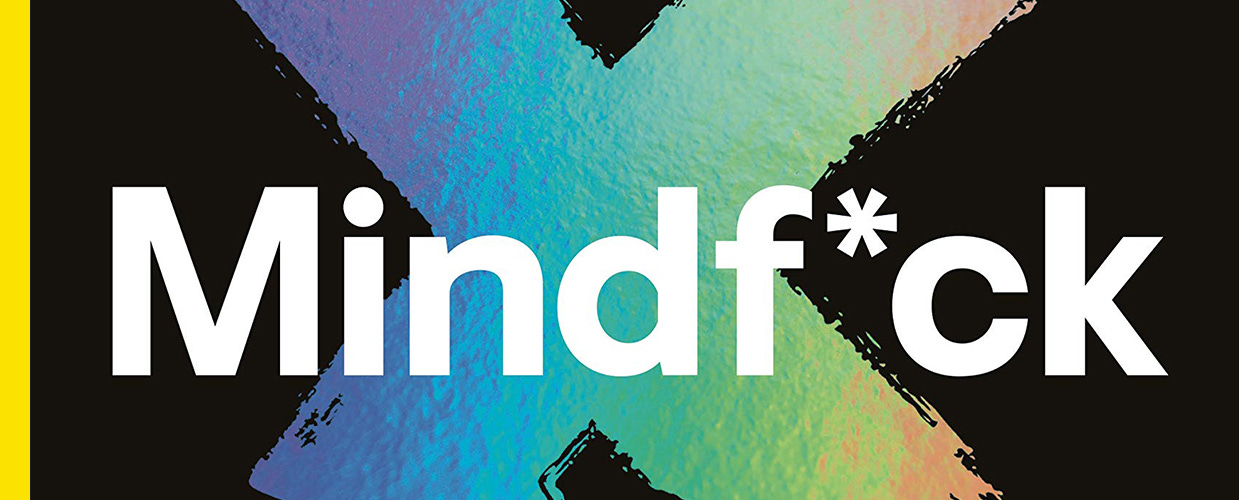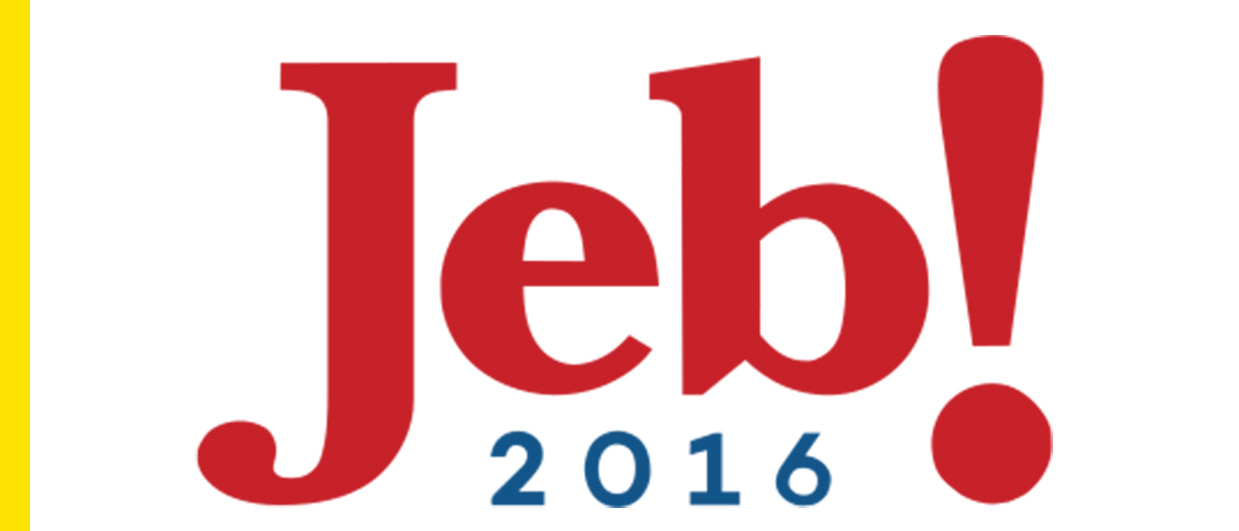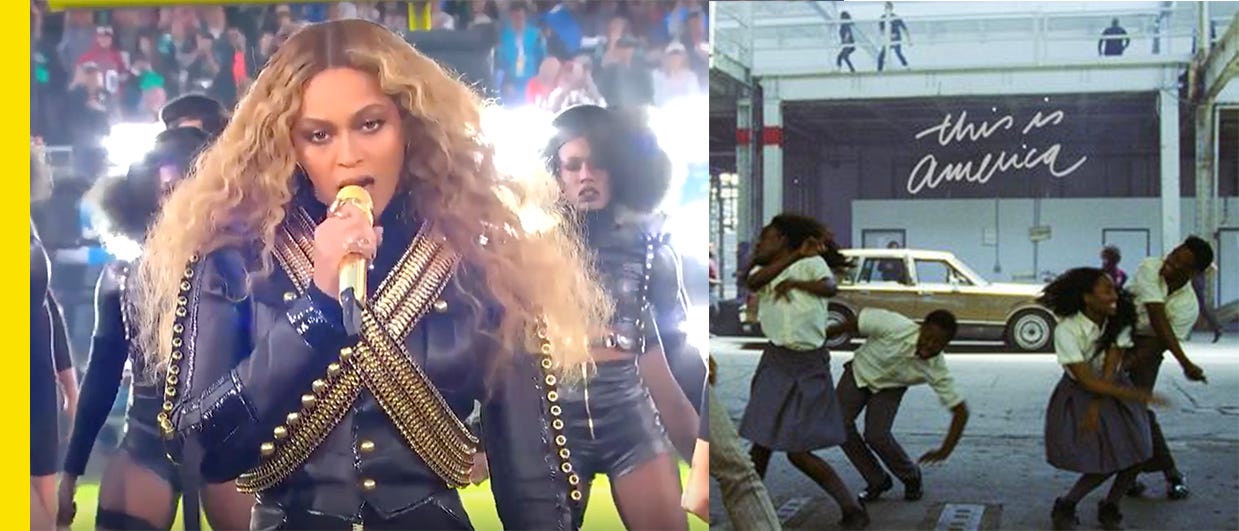Our politics of tears

Hope you had a happy Thanksgiving. In this week’s issue we’ll look at how “drinking tears” has migrated from the right to the left, what Michael Bloomberg’s real campaign logo looks like, and some of the more interesting bits from a new book out by the Cambridge Analytica whistleblower. I also have results from the reader’s survey. Long live the Jeb! logo.
Yours,
Our politics of tears

The Warren campaign is out with a $25 “billionaire tears” mug inspired by a November CNBC interview with billionaire hedge fund manager Leon Cooperman. Cooperman has been critical of Warren’s economic policy initiatives and teared up during the interview talking about the state of the country. Warren responded by tweeting that Cooperman only cares about his fortune, and her campaign put out the mug, in white and navy.
Political tear-themed mugs suggest a politics that prioritizes pwning above all else, and the mugs I’ve seen typically target liberals. To drink from a mug labeled “liberal tears” fits a trolly brand of conservatism aimed at ~triggering snowflakes~, and Warren’s approach to billionaires has certainly triggered them. Last month, her campaign aired an ad on CNBC that compiled clips of billionaires criticizing her.
Here’s Bloomberg’s real logo

Sure enough, that that hideous logo I mentioned last month is not former New York City Mayor Michael Bloomberg’s official campaign logo. The actual logo, above, uses the typeface Avenir Next, from the type foundry Linotype. Named for a French word for “future,” it was designed as an alternative for Futura and is used by LG for its cell phone buttons. The logo uses the candidate’s first name in all lower-case letters, attempting to give the billionaire an approachable, conversational wordmark.
Meet “Swole Trump”

President Trump’s social accounts posted a photo of his head Photoshopped on Sylvester Stallone’s body from the “Rocky” series on Thanksgiving Eve. Meet “Swole Trump.” The image was uploaded with no caption, and by Thanksgiving Day, there were pro-democracy protesters in Hong Kong carrying the image. Trump’s not the only world leader to promote images showing themselves with a buff physique, but when Vladimir Putin does it, he doesn’t use movie characters’ bodies.
Some interesting bits from the Cambridge Analytica whistleblower’s new book

Over the holiday I read “Mindf*ck,” the new book by Christopher Wylie, the former Cambridge Analytica employee who went public in 2018 about how the company obtained the Facebook data of millions of Americans and targeted them during the 2016 election. Here are some details I found interesting about Cambridge Analytica, or CA, with Wylie’s Canadian spelling intact:
CA worked for various Republican and right-wing groups: The company’s client list included Ted Cruz and Republican House and Senate candidates like Tom Cotton in Arkansas and Roy Blunt in Missouri. A John Bolton super PAC paid $1 million for research on how to increase militarism among American youth while evangelical leader Ralph Reed was interested in fighting back against same-sex marriage. Wylie also wrote that Republican clients were concerned over growing minority vote and were “looking for ways to confuse, demotivate and disempower people of colour.” He saw one project described in CA correspondence as a “voter disengagement” initiative targeting African Americans.
CA was first approached by Trump for help with his casino and reality TV brand: Wylie wrote that he was told the Trump Organization needed help with market research for either “The Apprentice” or his casinos, and in calls with the company they talked about declining ratings and business. Later, however, they indicated Trump would run for president. Trump eventually became a client and began using phrases like “build the wall” and “drain the swamp” which CA had originally tested for Cruz.
CA asked Americans questions about Russia: After political consultant Sam Patten took over CA’s research operations, polling and focus groups began asking Americans questions about Russia, like, “Is Russia entitled to Crimea?” and “What do you think about Vladimir Putin as a leader?” They were also shown photos of Putin and asked where he looked strongest. Patten would later plead guilty to violating the federal Foreign Agents Registration Act and be sentenced to probation for helping a pro-Russian Ukrainian billionaire illegally buy tickets to Trump’s inauguration.
The closet isn’t just for gay people anymore: Wylie wrote that focus groups found many Americans felt closeted. Straight white men, particularly older ones, felt threatened by changing social norms that challenged casual racism and misogyny. “Men who were not used to moderating their impulses, body language and speech began to resent what they saw as the unfair mental and emotional labour it took to change and constantly correct how they presented in public,” he wrote. “What I found interesting was how similar the discourse that emerged from these groups of angry straight men was to liberation discourse from gay communities. These men began to experience the burden of the closet, and they did not like the feeling of having to change who they felt they were in order to ‘pass’ in society.”
CA was once one of Utah-based Qualtrics’ top clients: CA first obtained the data of more than 87 million Americans by paying them take a survey that required them to download an app on Facebook that compiled their responses, Facebook data, and data from all their Facebook friends. After exhausting this method, they turned to Qualtrics, a survey platform founded in Provo, Utah, in 2002. Qualtrics sent over swag bags with items like “I ♡ Qualtrics” shirts and invoices that billed them for a “Facebook Data Harvest Project.”
Here’s the results of the Yello reader survey

Last month, I asked readers to complete a survey asking a few questions about the political visual rhetoric and pop music of the decade. Here what you guys said:
Most underrated Democratic campaign logo of the decade: The Hillary H and Pete Buttigieg bridge logo tied.

Most underrated Republican logo of the decade: Jeb! won in a blowout. Because of course he did.

Pop star that had the biggest political impact of the decade: Beyoncé
Best political pop song of the decade: Childish Gambino’s “This Is America”

They beat out second-place finishers Kanye West and Lady Gaga’s “Born This Way,” respectively.
The best political meme of the decade: Texts from Hillary and “Please Clap” tied.

Worst political meme of the decade: Pepe the frog. He won in a landslide. I can’t blame you.

If you enjoyed this issue, level-up with a Yello membership.
You’ll support independent journalism and get access to exclusive members-only stories, like:

With all the counterfeit MAGA hats out there, the 1 million threshold has likely already been crossed (there are more than 60 retailers on Amazon alone hawking everything from knockoff red caps to bucket hats). But selling 1 million of the officially licensed hats would represent a landmark in modern campaign merchandising.
The only problem is the Trump team has been saying they’re on the verge of selling their millionth MAGA hat for more than two years.


